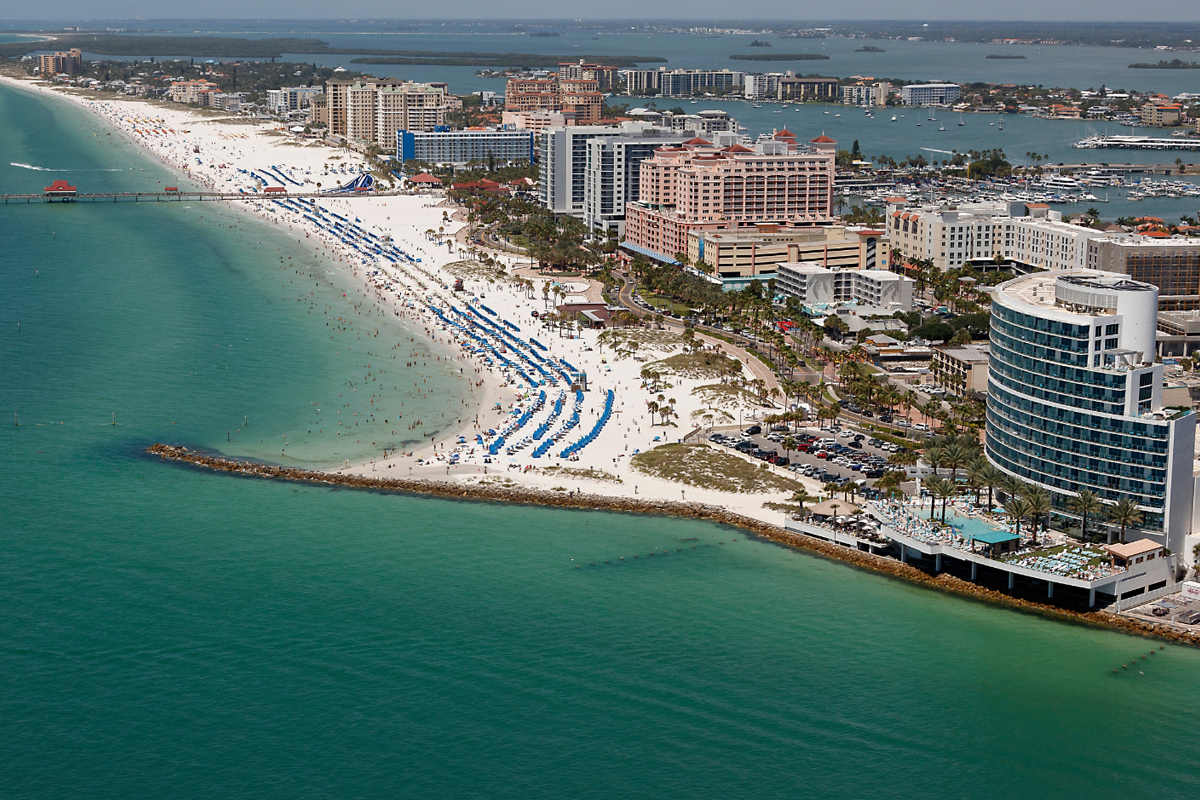
If your business serves multiple cities or counties, having dedicated service area pages can be a powerful SEO strategy, but only if they’re done right. Too many companies still fall into the trap of creating thin, repetitive pages packed with keywords but offering little actual value. In 2025, that approach doesn’t just fail to rank, it can actively hurt your local authority.
The good news? Well-structured service area pages can attract organic traffic, improve conversions, and show Google (and your customers) that you’re the right choice in every area you serve.
Here’s how to build them without sounding robotic, or getting penalized.
Why Service Area Pages Still Matter in 2025
While Google’s local algorithm has become more sophisticated, geo-relevance still matters, especially in competitive industries like home services, legal, medical, and real estate. A well-optimized service area page:
- Matches location-based search intent
- Supports your local Google Business Profile presence
- Helps you rank beyond your business’s physical address
- Shows potential customers you actually know their area
But this only works if the page offers genuine value and unique content.
Mistakes to Avoid With Service Area Pages
Before diving into what works, let’s cover what doesn’t:
- Keyword-stuffed headers and body text
(“Lawn care in Tampa, lawn care in St. Pete, lawn care in Clearwater…”, Google sees right through it.) - Copy-and-paste content across multiple pages
If your Clearwater and Sarasota pages are identical except for the city name, neither will perform well. - No real substance
Thin content with no examples, trust signals, or relevant info leads to high bounce rates and low conversions.
Best Practices for Creating High-Quality Service Area Pages
1. Speak Directly to the Community
Use language that resonates with locals and reflects actual needs in that area. If you’re writing a page for a roofing company in Sarasota, talk about hurricane readiness, coastal roof wear, or common insurance claims in that region.
This shows you understand the area, not just that you want to rank for it.
2. Include Local Examples or Job Highlights
Add short blurbs about real jobs or clients in the area:
- “Recently helped a homeowner in the Riverview area replace their HVAC system just before peak summer.”
- “Provided emergency plumbing repair for a Clearwater Beach condo.”
These help make each page unique and build credibility.
3. Use Custom Page Titles and Meta Descriptions
Every service area page should have its own:
- Title tag (e.g., “Pest Control Services in Bradenton – Fast, Local Help”)
- Meta description (that appeals to local intent)
Avoid using the same metadata for all your locations. You only get one chance to grab attention in the SERPs.
4. Add Internal Links That Make Sense
Link to related blog posts, your core services, or other nearby locations when it’s helpful to the user. This builds topical depth and improves crawlability.
Example:
From your “Pest Control in Brandon” page, link to a blog post about “Common Ant Species in West Florida Homes.”
5. Optimize for Mobile and Local Conversion
Make it easy for mobile users in that city to:
- Click to call
- View your location on a map
- Read localized reviews
- Schedule service
Include a CTA and trust elements (like badges, associations, or “Serving [City] since 2010”) that help the visitor feel confident taking the next step.
Structuring a Strong Service Area Page
Here’s a general format that works well:
- Localized headline
Speak to the need and the region. - Intro paragraph with geo-specific context
Address the unique conditions or priorities in that city. - Your services in that area
Bullet out the most relevant services and how they apply locally. - Customer stories or references
Mention real local jobs or testimonials. - Trust signals
Include licensing, experience, or affiliations that apply in the area. - Clear CTA
Invite the user to schedule, call, or request a quote with urgency.
Service area pages are still one of the best ways to extend your local reach, but only when they’re treated like real landing pages, not keyword dumping grounds.
Write for people first, then optimize for search. If your page helps a potential customer feel seen and understood in their specific city, the rankings will follow.
Want Help Writing Location Pages That Actually Convert?
Our team specializes in creating local content that ranks well and brings in real leads. Let’s build service area pages that do more than just check a box—let’s make them work harder for your business.

